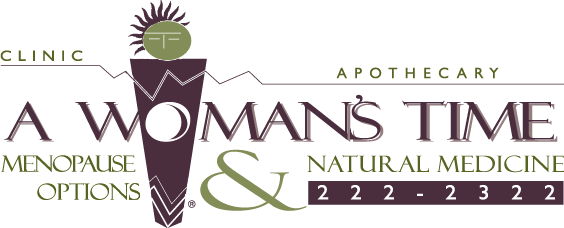A note about supplements and botanicals: herbs are powerful medicines that hardly ever have just one function. On the contrary, herbs and nutraceuticals have various actions that act synergistically. Please check with your clinician who is knowledgeable in these areas before initiating a new product as it carries the risk of interfering with other medications.
Herbs
In the beautiful and vast world of botanical medicine, there are well-known, tried-and-true herbs for insomnia. The classic insomnia herbs, and some with published research include skullcap, valerian, lemon balm, kava, hops, passion flower and chamomile. Other great herbs that may help relax the body and brain for sleep include lavender, oatsraw, and even poppy. Ashwaghanda has been studied for its sleep-inducing effects over time and may help establish a healthy sleep cycle with regular use.
The herbs mentioned above come in a variety of forms- alcohol/water based tinctures, non-alcohol based tinctures, capsules, tablets, loose leaf teas or powdered root. They’re available as single-herb products or are combined with multiple herbs and/or nutrients for a stronger effect. At many naturopathic clinics, doctors can even create a customized combination of herbs that are specific to your unique needs; this is called an herbal formulation. Tea blends are also a great option, but could potentially interrupt sleep if it ultimately causes you to wake in the night to urinate!
Aromatherapy
Soothing scents like lavender, chamomile or rose can switch our brains into nighttime mode. These oils vaporize well in an essential oil diffuser. You can also take a warm Epsom salt bath with a few drops of oil sprinkled in… with a candle burning nearby. Some soothing, relaxing music playing softly in the bathroom won’t hurt either! Are you getting sleepy yet?
DIY- To make a lavender hydrosol spray at home, add 10 drops of lavender oil into a spray bottle full of water. Spray this mixture in the air, on your skin or even in your bedroom for maximum aromatherapy effect.
Nutraceuticals
While browsing the aisles at our local health foods store, there is no shortage of products to help us sleep. The art of the medicine lies in selecting the correct one for the type of insomnia you have. Examples of products on the market for insomnia include 5-HTP, L-tryptophan, melatonin, magnesium, l-theanine, GABA, phenibut…. and there are many more. Each of these products boasts a different mechanism for shifting our body into sleep mode. The most effective way to know which one works for you is to have a comprehensive intake with your doctor who will take a careful and informed health history. There are also situations where underlying causes need testing such as thyroid, glucose, cortisol, melatonin, and neurotransmitters. Many times, we encourage our patients to use a product regularly for a few weeks before we determine its effectiveness .
Pharmaceuticals
Over the counter pharmaceutical and prescription-only drugs for sleep are our last resort as naturopathic physicians. These are necessary in some situations; however our goal is short term use while we work on other aspects of your overall health. There are various types of medications for insomnia- some have a risk for dependence and can cause unpleasant side effects. For these reasons, they are best discussed at your doctor’s office.
Bonne nuit!
Up next: PART 3- Investigating Insomnia: when treatments aren’t helping
Image courtesy of www.theinsomniaclinic.co.uk







